Pohde:
- Pohde, the wellbeing services county of North
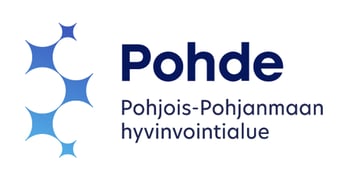 Ostrobothnia, organizes public social, health, and emergency services in 30 municipalities. It provides specialized health care, dental care, mental health and substance abuse services, disability services, services for the elderly, and emergency care.
Ostrobothnia, organizes public social, health, and emergency services in 30 municipalities. It provides specialized health care, dental care, mental health and substance abuse services, disability services, services for the elderly, and emergency care. - It is one of Finland's largest wellbeing services counties, providing services to around 416,000 inhabitants and employing nearly 18,500 people.
- Pohde is building the world's smartest hospital and uses Orchidea to co-develop with corporations, employees, residents, and non-profits. Orchidea is used in various ways, from innovation workshops and campaigns to open idea collection and management.
A collective call to action
Pohde is actively developing its operations to provide high-quality healthcare services to its residents. Pohde is a pioneer in developing public health care, but the Finnish wellbeing services counties are legally obliged to improve their services. In addition, the 2023 Government Programme emphasizes the importance of development, especially in digital services.
The globally shared challenges in healthcare require digital solutions, which need to be developed in active collaboration between different actors.
Timo Alalääkkölä, Development Manager of Testing and Innovation at Pohde, stresses the importance of cooperation between the public and private sectors in tackling healthcare challenges. Public actors don't always have to solve technological challenges themselves but can use co-development.
"We are bringing the public and private sectors together to tackle the huge challenges facing healthcare. The public sector doesn't need to have the ability to create solutions to technological challenges alone. Through partnerships, solutions to identified needs for improvement can be found quite easily at a local level."
To address these challenges with co-creation, bold experiments, and suitable tools are needed. Pohde has found its solution in Orchidea.
Bold experiments
Pohde has adopted a need-driven, experimental, and broadly participatory approach to RDI, which they are implementing with Orchidea. According to Alalääkkölä, they have been developing and learning from experimentation for years, with positive results.
Ultimately, the aim is to provide better service and care for residents. Verified needs and effective means, such as co-development with various stakeholders, drive the development of social services in Pohde. The focus is on involving various stakeholders directly in the development, including residents, employees, businesses, students, and other partners.
Hanna Hannila underlines the importance of Orchidea in implementing broad participatory development:
"We have a large region, with 30 municipalities. Orchidea enables the participation of employees and residents from different municipalities and the sharing of ideas. Otherwise it would be difficult for us to get in touch with everyone."
Employees have been invited to participate in development and to influence their work. Alalääkkölä has found the involvement of staff to be positive and fruitful.
"Over the years, we have found that putting ideas generated by staff into practice has an empowering effect. We have the ability to take ideas born while working, process them and find ways to put them into practice."
A practical example of successful co-creation with employees is the improvement of plastic processing and recycling, where Pohde gathered ideas from its employees and eventually implemented the best ones.
"We have significantly reformed our recycling practices, for example. On a related note, our Future Hospital OYS2030 building project was just awarded a gold medal at the international hospital association's Ashikaga-Nikkei Excellence Award for Green Hospitals. Our employees' ideas have a big and tangible impact on our operations. When several ideas on the same topic accumulate, they lead to action and at best they are simply amazing.", says Alalääkkölä.
Pohde started its journey towards becoming the smartest hospital in the world in 2016, and it wanted to involve both employees and residents of the region in its development. They tested several software and met with different suppliers, which led to the selection of Orchidea, a solution that allows for both the collection and controlled processing of ideas.
The selection criteria included the possibility of involving external parties in innovation, the smoothness of the process, and its fit with the already defined operating model. Pohde wanted a platform that would adapt to their process rather than requiring the organization to adapt to the tool.
"The tool itself doesn't solve anything, but the suitability of the tool for our planned workflow is important. The collaboration and development with Orchidea has been very successful."
Harnessing Orchidea for experimental co-development
Pohde has widely adopted Orchidea's versatile features, from workshops to innovation challenges in health service reform, while finding solutions to other needs.
Orchidea's quick brainstorming workshop tool has been used in various development projects. For example, they used it to implement non-profit organization cooperation. In 2023, 22 workshops were organized involving Pohde's employees and non-profit organizations on-site and remotely. With Orchidea's help, the hybrid workshops have worked very well, according to Hanna Hannila, who has acted as facilitator.
"You could almost say that remote brainstorming sessions has been even more productive."
Orchidea's challenge feature has been used to collect and develop various ideas. For example, the mascot of Oulu's new hospital, Kuura Kettu, was invented and designed in an innovation challenge for residents organized with Orchidea.
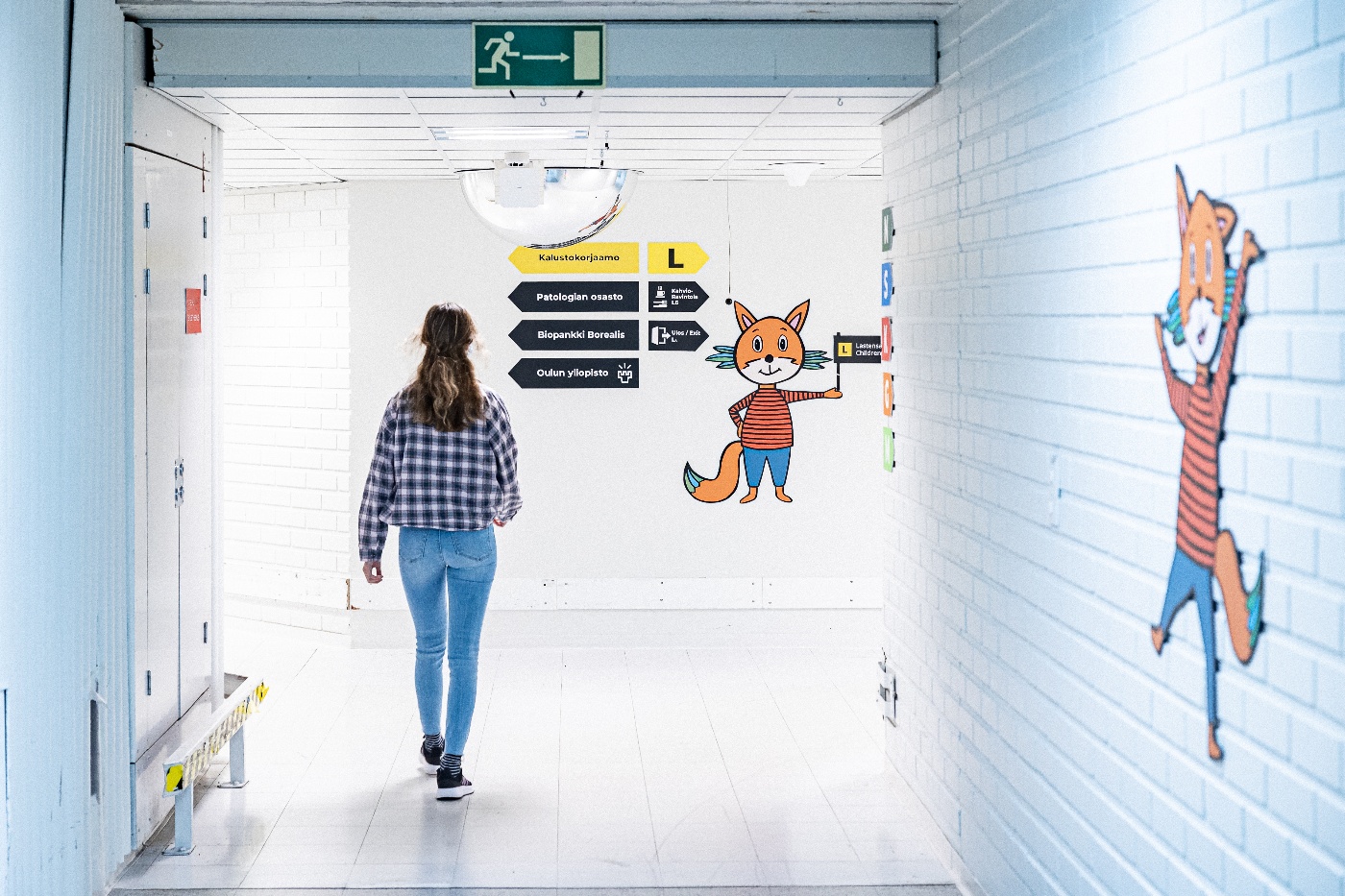
The mascot, Kuura Kettu, was developed with the Orchidea's challenge feature.
Pohde has used Orchidea's features in various ways and even found some surprising use cases.
"We've bent Orchidea to our own needs. We use it not only to collect and manage development ideas, but also for other needs."
A good example is their thesis bank, where those interested in commissioning a thesis can post their ideas for students to reserve. The whole process is built with Orchidea for easy management and open access. In 2023, 36 bachelor's degree thesis topics found their students.
In addition to involving employees and citizens, Orchidea has been used in corporate cooperation.
"The process in Orchidea has been absolutely brilliant. We have an online form that the company fills out and we processors have access to it. We created a dedicated process for the corporate contacts in Orchidea. It is an excellent solution for this need."
Diverse and widespread participatory development requires effective processes. A particular advantage of Orchidea, according to Alalääkkölä, is the possibility of building processes to suit your particular needs.
"With the new Orchidea, we have the freedom to define our own processing flows. This suits our needs very well."
Another advantage of Orchidea is the continuous co-development and support for Pohde. Antti Ukura stresses the importance of collaboration.
"Orchidea is working with us to help adapted it to our needs. It's not just a ready-made package that you buy, it involves consultation and developing Orchidea together."
Tips for participatory development
Pohde has gained valuable experience in co-development through experimentation. They share a few tips that have proven to be critical factors for success:
- Identify the opportunity and give it a chance. Encourage stakeholders to participate in development.
"When you give employees the opportunity to generate ideas, you will receive them. The ideas that are collected and then refined together is a great channel and at its best amazing."
- Create a streamlined process: be prepared for a lot of ideas and ensure that there are effective ways to process them.
- Make quick and concrete experiments. Start boldly and test what works. Test different approaches and refine the ones that work. It's also okay to discard experiments that don't work.
- Don't spend too much time developing your process initially, as it will refine over time. Mari Saukkopiiri recommends starting quickly and customizing the process as you learn to suit your needs.
“You need an initial process, but it doesn't have to be perfect. When the process changes, Orchidea can be adapted in an agile way. Get it up and running, and optimize on the fly."
- Open test channels in Orchidea and learn what you could use it for. You might find some surprising needs that you can eventually solve with Orchidea.
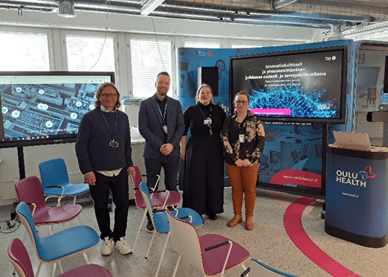
Innovation and co-creation activities are being implemented in Pohde by:
Timo Alalääkkölä, Mari Saukkoriipi, Hanna Hannila and Antti Ukura.

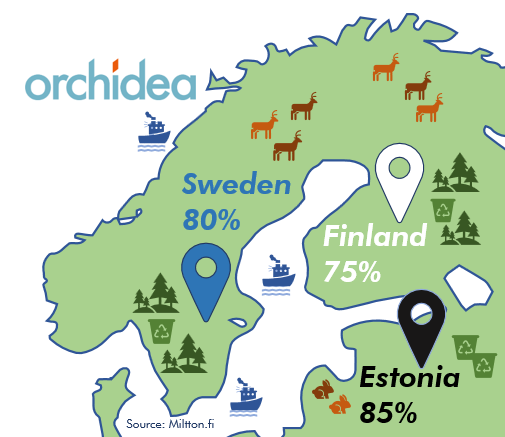
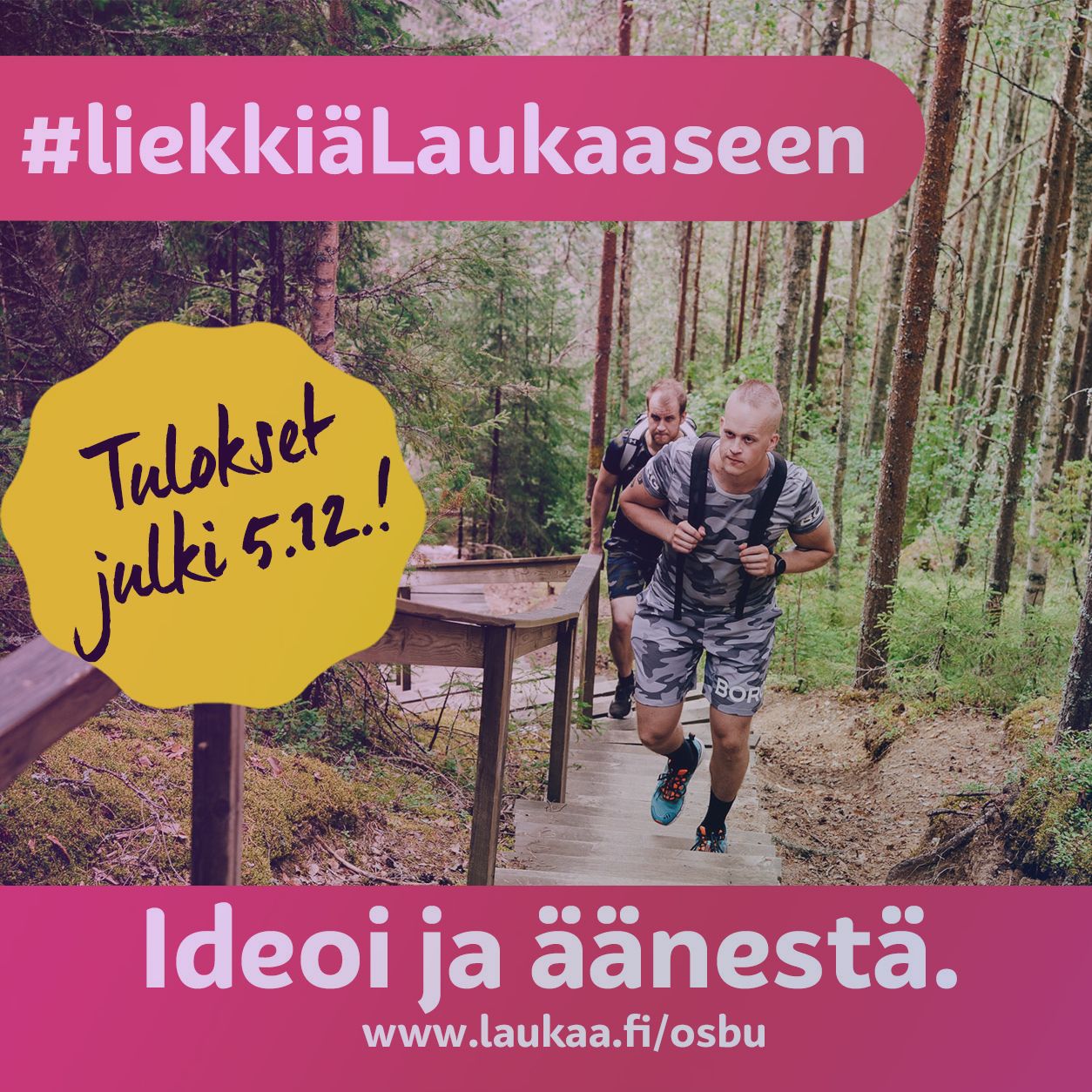
.jpg)